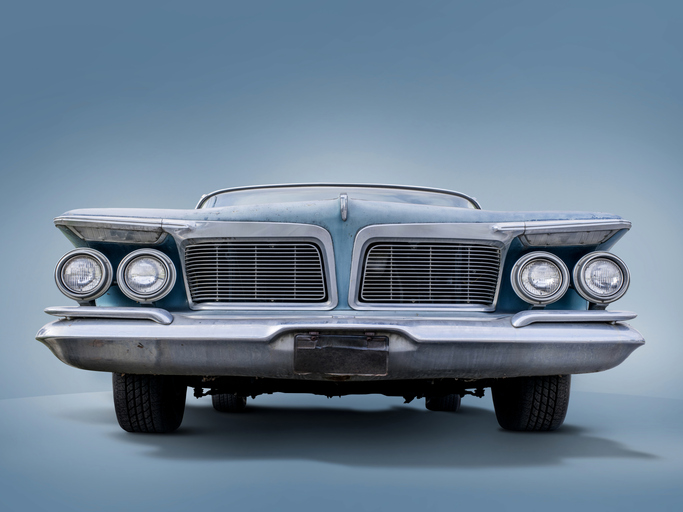
As an auto mechanic, you might encounter a few customers taking in their vintage automobiles for engine repair. Although these cars will be equipped with an internal combustion engine, it will probably look a lot different than the modern engines you’ll usually work with.
The first internal combustion engine came to be in 1885 when Carl Benz invented the first automobile. Since then, technology has become increasingly complex, and the modern engine has become more and more advanced. While at a fundamental level, the internal combustion engine functions the same, the amount of technological improvements made over the years make the modern engine much different from older engines. If you’re interested in engine repair, you should know what the differences are, and what’s at stake when repairing a vintage engine.
Car Repair Experts Should Know How an Internal Combustion Engine Works
An internal combustion engine functions by combusting air and fuel in order to create the rotational force capable of powering a car. First, fuel mixes with air, and is put into the cylinder chamber, where a piston compresses the mixture and ignites it via spark. This combustion fires up the pistons, attached to the crankshaft, moving them up and down. This movement enables the rotation of the crankshaft, which connects to transmission and transfers power to the wheels of the vehicle. In this way, the internal combustion engine powers a vehicle. While the operating factors behind the internal combustion engine are the same today, car repair experts may know that modern engines are equipped with technology to make them more powerful and efficient.

How Is an Older Engine Different from a Modern Engine?
One of the biggest differences between older and newer engines come from advancements in technology which have made modern engines more efficient. Older engines are extremely inefficient. They burn lots of fuel, only to convert around 15% of it to mechanical energy capable of powering the vehicle. 17% of energy is lost when the engine is idling, and the rest of the energy is consumed by friction and heat. Modern engines use technologies that prevent such astronomical fuel losses. One technology is direct injection technology, which enables the mixing of fuel and air before going into the cylinder, resulting in fuel being burned more efficiently. Additionally, turbochargers create a more efficient combustion process by utilizing compressed air from the exhaust system.
Because older engines lack the technologies that modern engines have today, they work harder and waste more fuel. In an older V-8 engine, whether a car is accelerating or idling, all 8 cylinders are always firing and receiving the same amount of fuel. With cylinder deactivation, modern engines only use the fuel they need, as some cylinders within the engine will shut down when they aren’t required for use. Additionally, modern engines use variable-valve timing and lift technology. In an auto mechanic course, you may learn that these features allow the opening of the valves to be optimized for what the engine is doing. Older engines don’t have this, meaning that no matter how much the engine is working, the valves open for the same amount of time and distance, which results in a large waste of fuel.
Repairing a Vintage Engine: What to Keep in Mind
When repairing or rebuilding an older engine, an auto mechanic should remember the key differences between an older and newer engine. When rebuilding or repairing a vintage engine, all the accessories, such as the generator, starter, fuel pump, and carburetor should be stripped, and the electrical connections, fasteners, and plumbing must be detached. Its cylinders will likely need to be re-borded, the crankshaft re-grounded, and the pistons and gaskets replaced. Keep in mind that the correct replacement parts may be harder to find, and that although the engine can be repaired or rebuilt, it’s still likely to be less reliable and more prone to stalling or flooding. Make sure vintage car owners know these variables when they’re seeking to repair or rebuild their vehicle’s engine.
Are you interested in auto technology training in Vancouver?
Check out ATC Surrey’s program options.

